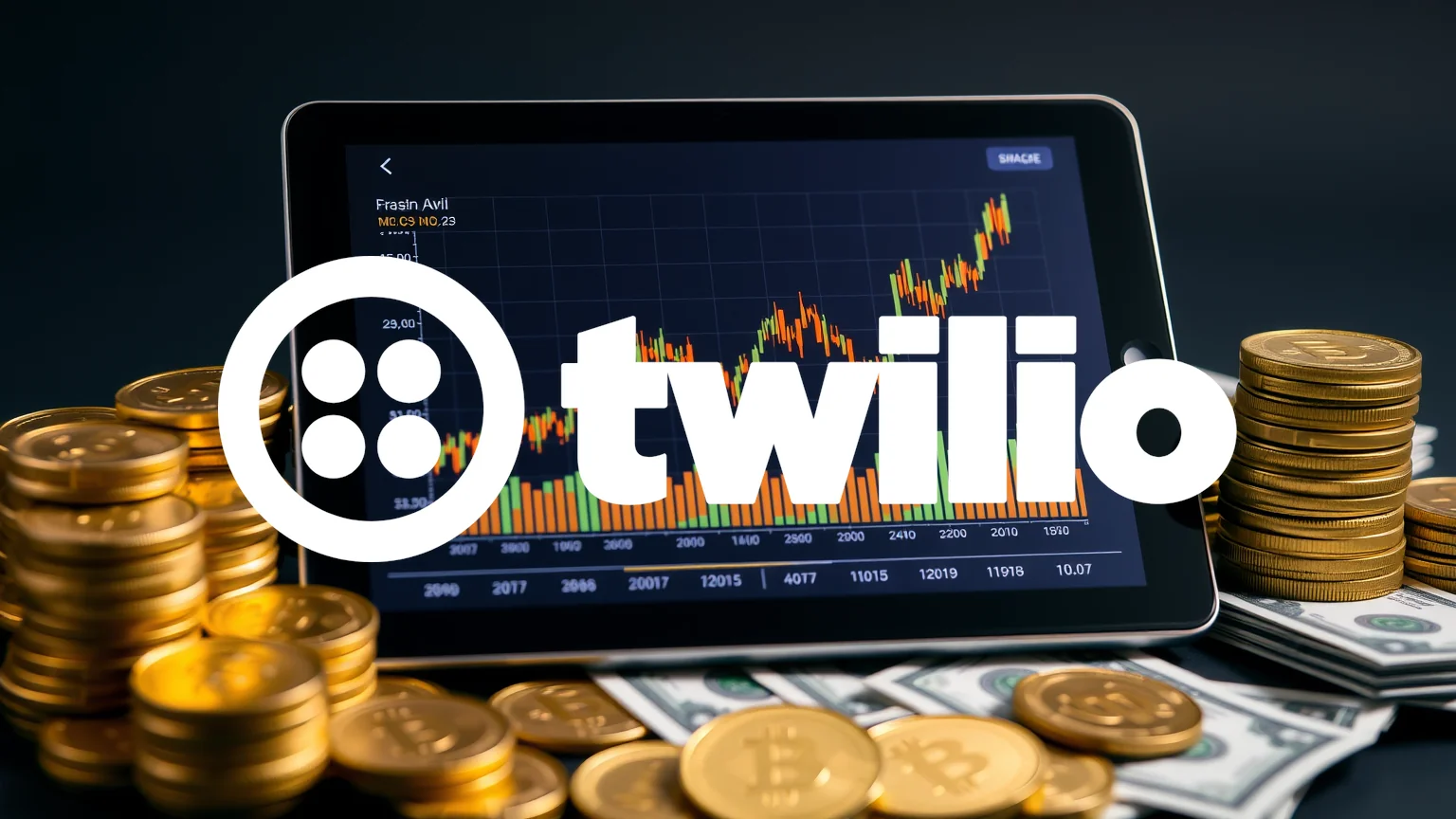Twilio is transforming how businesses communicate with customers, yet its stock performance tells a contrasting story. Despite the company achieving a significant technological breakthrough with the worldwide rollout of its Rich Communication Services (RCS) platform, its shares have declined by more than 15% since the start of the year. This divergence presents a critical question for investors: is this a substantial buying opportunity or are there underlying risks the market is pricing in?
Strong Fundamentals Defy Share Price Weakness
Even as the stock price has retreated, Twilio’s operational performance remains robust. The company’s second-quarter 2025 results, reported on August 7, exceeded analyst projections across key metrics. Twilio posted earnings per share of $1.19, surpassing the anticipated $1.02. Revenue reached $1.23 billion, also beating expectations of $1.19 billion.
Management demonstrated confidence by raising its full-year 2025 organic growth forecast to a range of 9-10%. Additionally, the company increased its free cash flow target to between $875 million and $900 million. This strong financial execution was recognized by Twilio’s inclusion in the S&P MidCap 400 Index, marking a significant vote of confidence from the market establishment.
RCS Messaging: A Strategic Breakthrough
A pivotal development for Twilio has been the global implementation of its RCS messaging service, representing a quantum leap in business-to-consumer communication. This technology replaces traditional SMS with enhanced chat features that include verified brand messaging, interactive buttons, and rich multimedia content.
A crucial milestone was reached in December 2024 when Apple enabled RCS support on iPhones with the iOS 18.2 update. This move effectively allows Twilio’s service to reach virtually every mobile user globally, eliminating previous platform limitations.
Should investors sell immediately? Or is it worth buying Twilio?
Early adopters in Europe, such as Fresha, are already reporting substantially higher response rates compared to traditional SMS campaigns. The timing appears strategic, as consumers increasingly seek verified brand interactions amid growing concerns about messaging fraud and phishing attempts.
Analyzing the Valuation Disconnect
The central puzzle for analysts is the apparent disconnect between Twilio’s operational success and its market valuation. Despite innovative product offerings, strong financial results, and a clear strategic direction, the company’s shares trade approximately 37% below their 52-week high.
The market’s subdued reaction to the impressive August earnings report highlights this discrepancy. Investors seem to be weighing the potential of the RCS rollout against questions about its long-term profitability and competitive sustainability.
Whether the RCS expansion will become the transformative catalyst that investors have currently overlooked remains the fundamental question. The answer may become clearer when Twilio presents its third-quarter financial results, potentially resolving one of the technology sector’s most intriguing investment contradictions.
Ad
Twilio Stock: Buy or Sell?! New Twilio Analysis from February 7 delivers the answer:
The latest Twilio figures speak for themselves: Urgent action needed for Twilio investors. Is it worth buying or should you sell? Find out what to do now in the current free analysis from February 7.
Twilio: Buy or sell? Read more here...










